Being an Olympic-level athlete is one of the most prestigious honors anyone in the sports field can achieve. And while some men and women instantly become home-town heroes overnight because of their performance on a track, field, pool etc, inside can be a very different story. Because they are held to a different physical standard than us average humans, it means they have to have an intense focus on their physicality.
But when any person’s ability to achieve great things depends on maintaining a certain weight and body fat percentage, it can wreak havoc on your mental health. Eating disorders are so common amongst male and female athletes because their livelihood can be changed in an instant if they are even a pound overweight.
In 2014 we have seen some major sporting events come and go: the Winter Olympics and Paralympics in Sochi, the World Cup in Brazil, and now the second annual Youth Olympics is taking place in Nanjing, China, where 15-18 year-olds from all over the world will compete against one another in a variety of sports.
The Youth Olympic Games claims to be different from all other youth-focused sporting events because they have a unique Culture and Education Programme based around five main themes: Olympism, Social Responsibility, Skills Development, Expression and Well-being and Healthy Lifestyles.
It is no surprise then, that they have a ‘Healthy Body Image’ campaign featuring a series of educational videos which the IOC hopes will teach young people and the athletes about healthy eating habits and exercise. The videos were originally created in 2010 and being used again as they feel it is an important resource to have. We couldn’t agree more!
“Today, girls and young women are frequently exposed to various “ideals” of what their body should be like, and dealing with such pressure can be challenging. For young female athletes, the pressure can be even greater,” they said in a press release about the campaign which they hoping will have an impact on the athletes competing this year.
“When girls and women practice sport, they can profit from many health benefits. While these positive attributes far outweigh the risks involved in sports participation, there is scientific evidence that, under certain circumstances, the healthy body image of some female athletes can suffer through sport.”
They want to raise awareness about how the “female athlete triad” can be affected.
“The female athlete triad is a combination of three conditions: an energy deficit caused by unhealthy eating habits or excessive exercise, amenorrhea (disruption of menstruation) and osteoporosis (a weakening of the bones due to the loss of bone density and improper bone formation). A female athlete can have one, two, or all three parts of the triad. Some female athletes may respond to pressure to meet unrealistic weight or body fat levels with excessive dieting (anorexia nervosa or bulimia nervosa) and/or excessive exercise.”
The four videos feature four fictional stories of young female athletes from various countries who have suffered with eating disorders, body dysmorphia, and whose body image has undergone severe damage due to unhealthy habits.
Since eating disorders don’t just affect 15-18 year-olds, after looking at these videos and seeing what a huge impact they can have, we’re thinking every major sporting event should have a dedicated team of medical professionals available to help any athlete struggling with body image issues. The most important aspect of this issue for a sufferer is knowing they aren’t alone or isolated. The Youth Olympics have ensured their athletes have a plethora of resources available to them by creating an Athlete Role Model lounge where the participants can get advice, or just engage in a supportive conversation with adult medalists who are all too familiar with the pressures of being an international athlete.
We’re high-fiving the IOC for a great move on their part, and hope this is something they will implement throughout all of their games.
Click Here to watch all four videos featuring fictional Japanese ice skating couple Aiko and Tochi Nakata, female wrestler Jesse Lee Nelson, gymnast Anezka Ruzicka, and Kenyan runner Akeyo Abasi. And the gold medal for actually caring about the health of young athletes goes to…the IOC for such an important campaign!















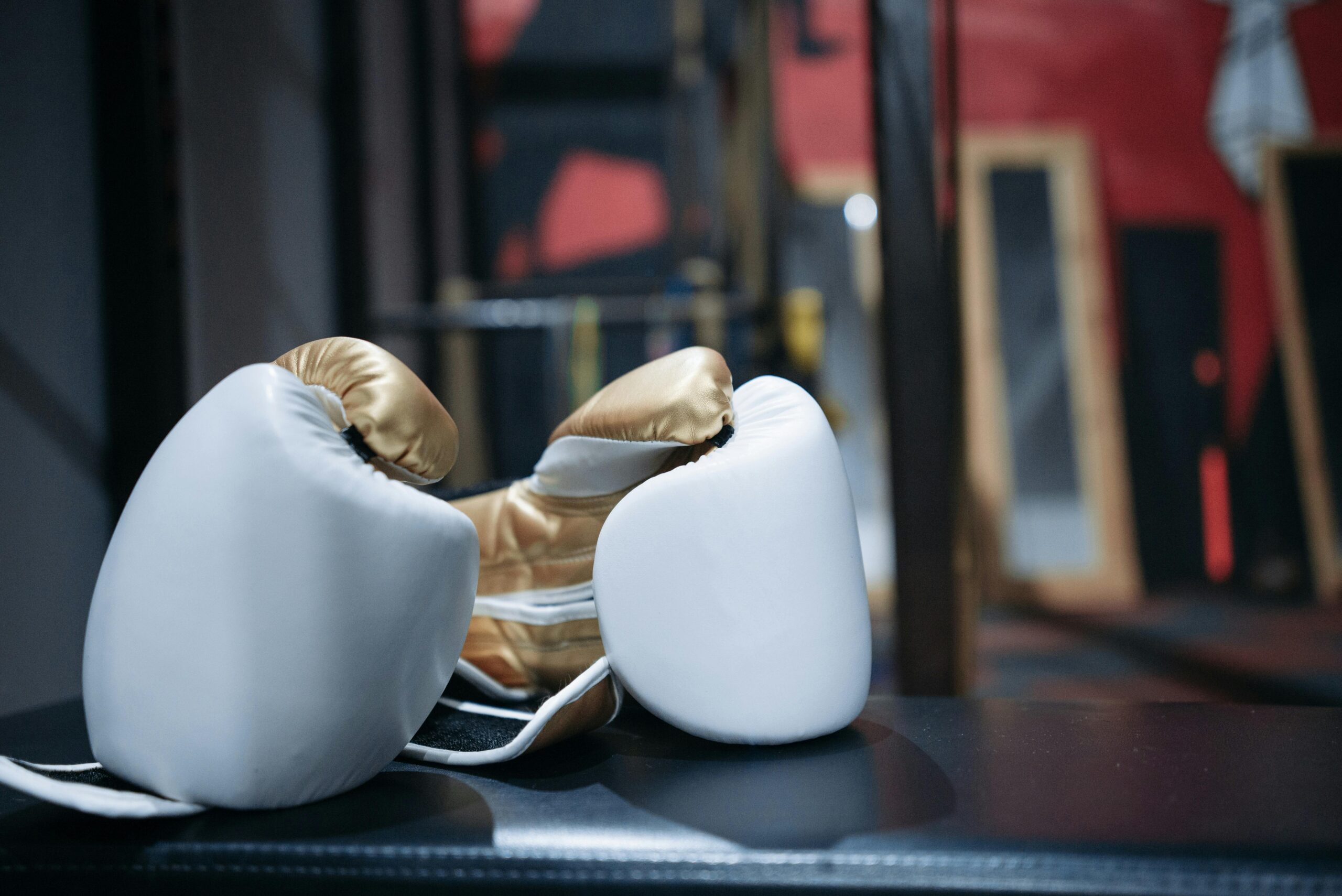
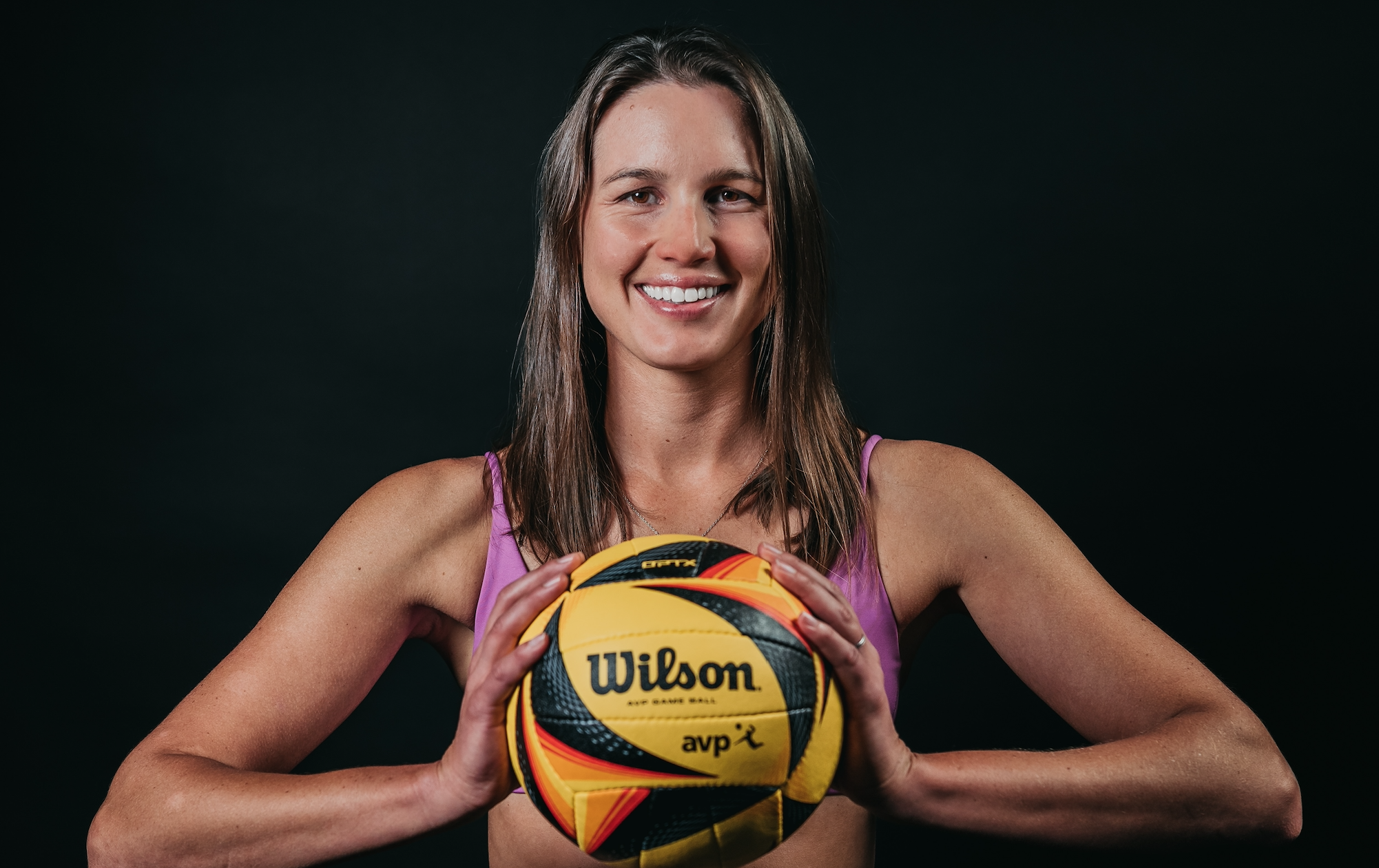
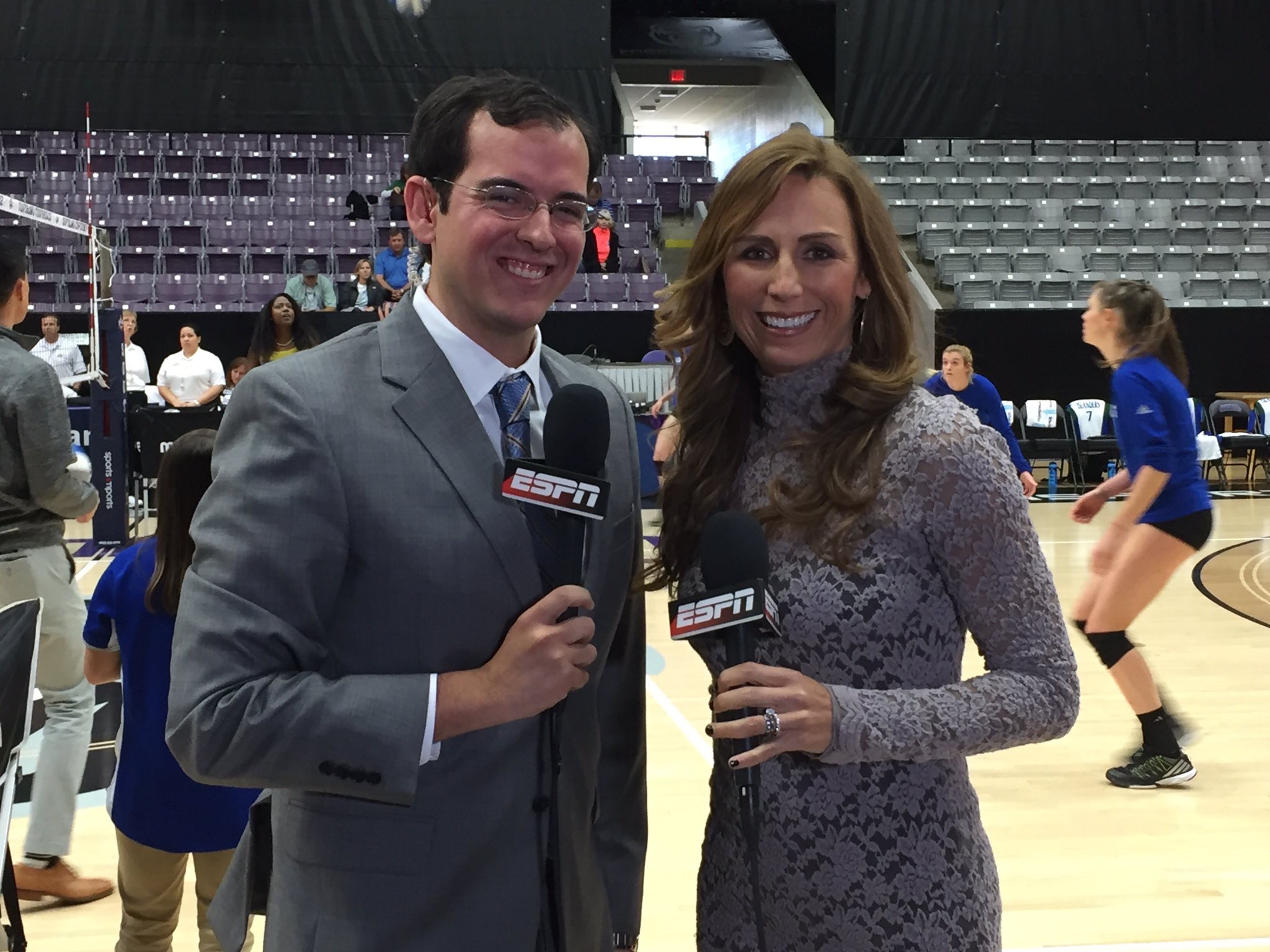
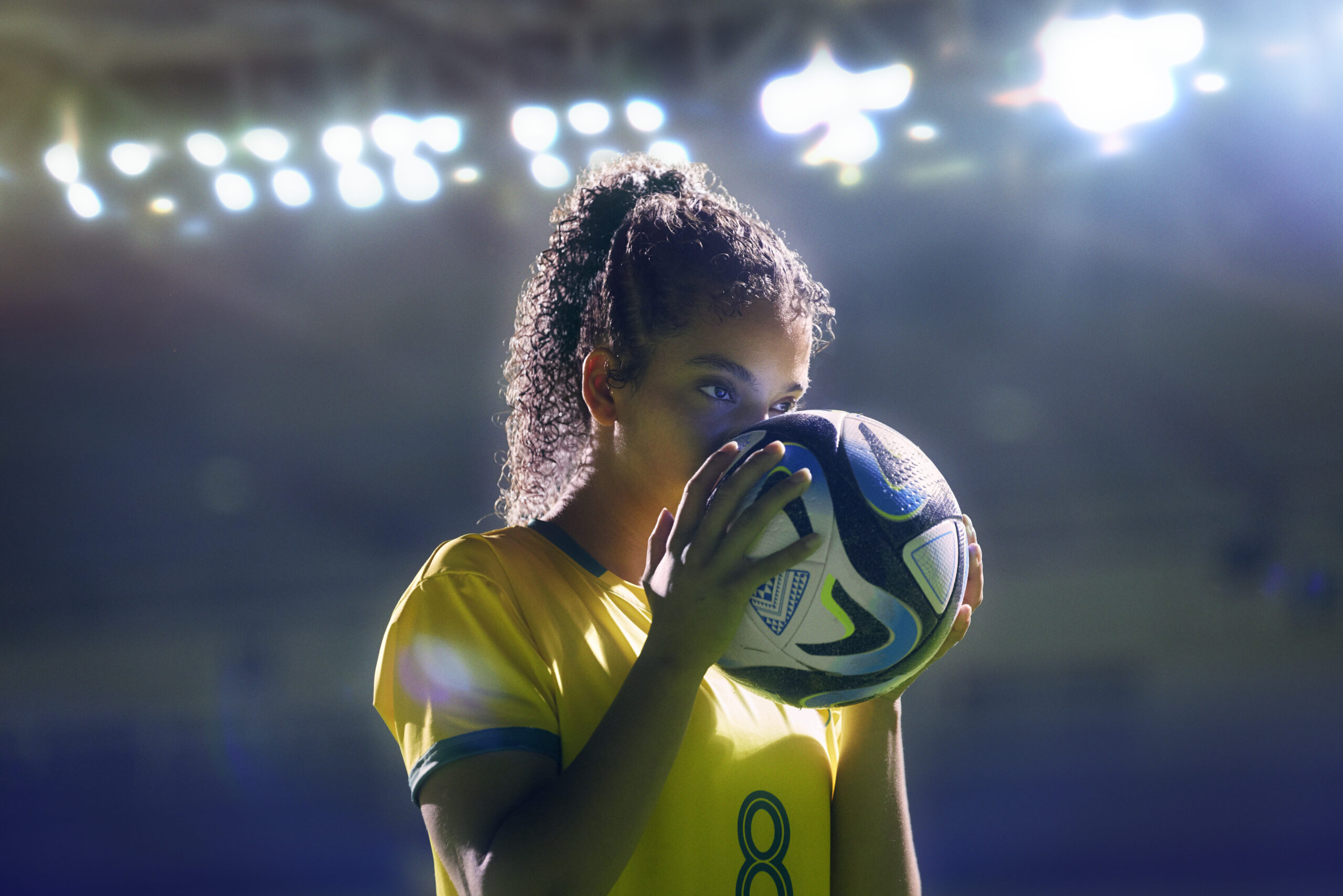
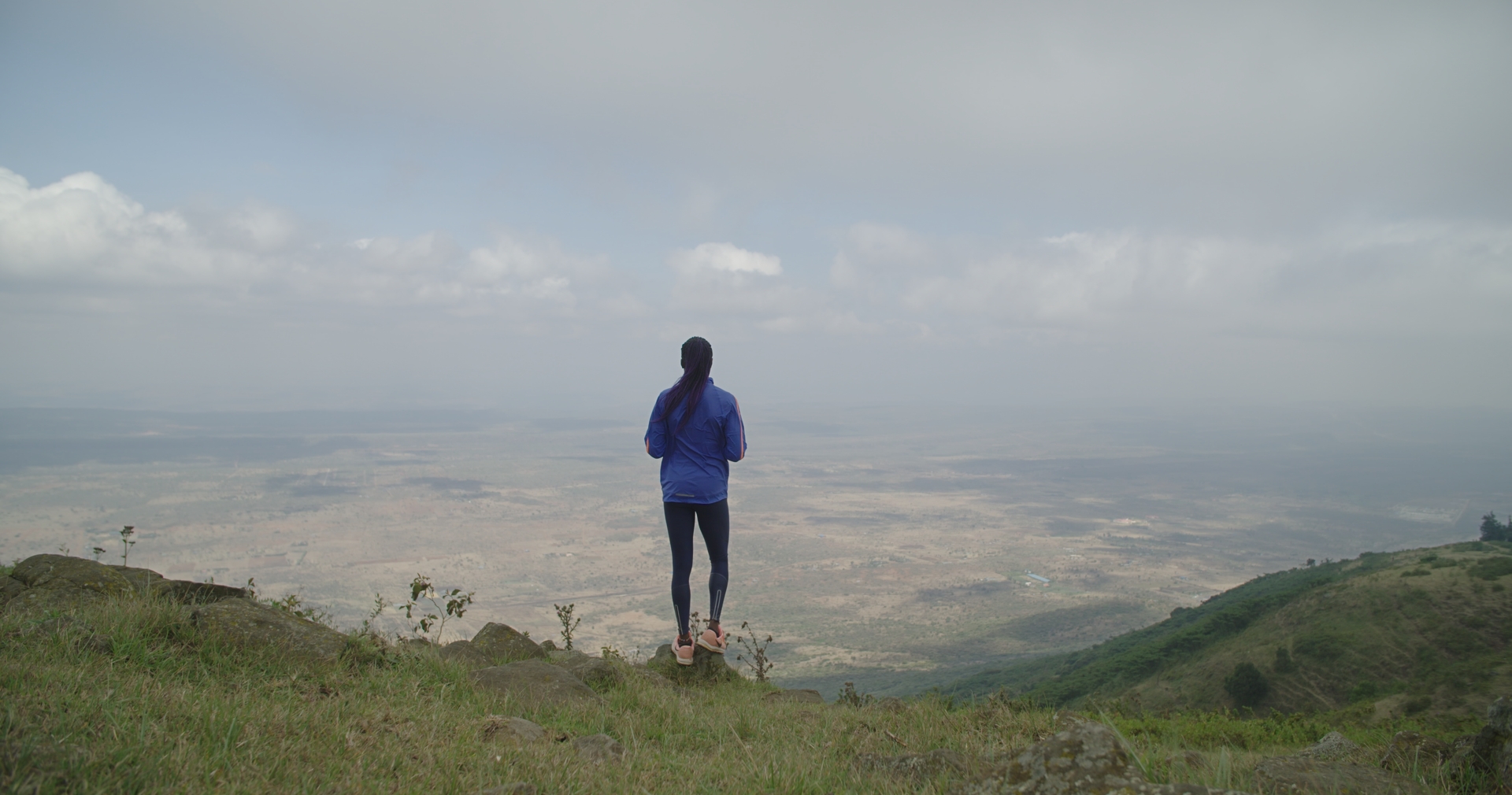
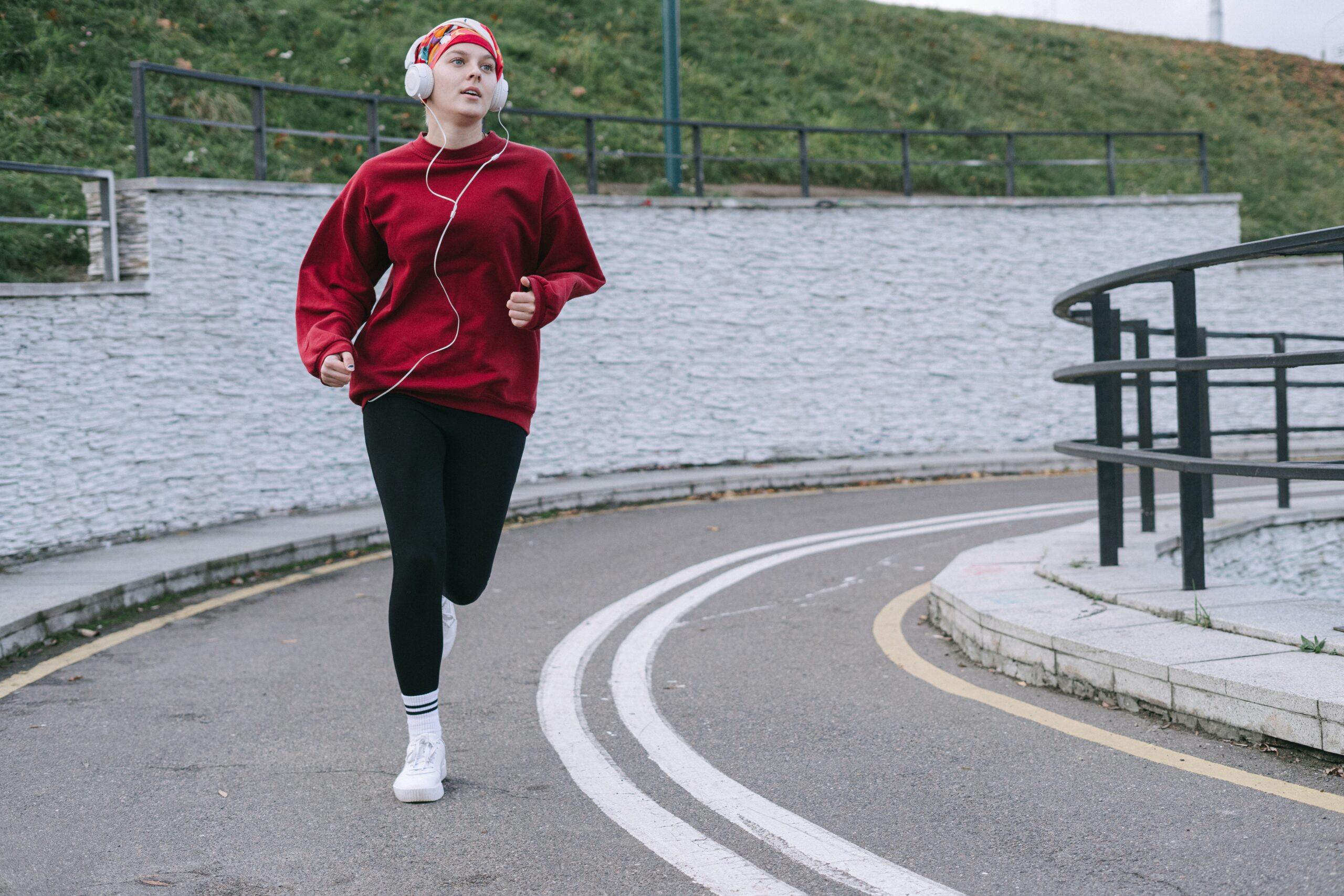
One thought on “Youth Olympics Promotes Campaign To Combat Eating Disorders In Young Athletes”